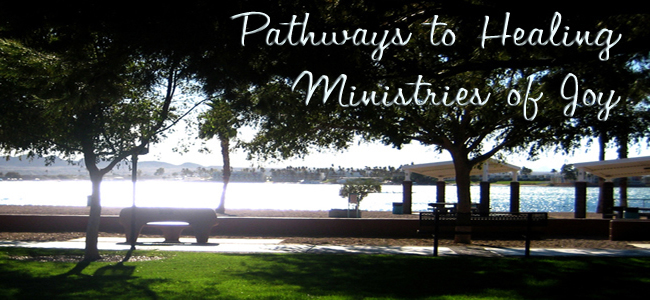A young woman recently said, “I love God, but He doesn’t always love me.”
Had it been a more appropriate time I would have said something about the error of projecting our own feelings onto God. Doing so robs us of peace which is rightfully ours—and more.
Knowing this young woman, I am aware of her battle to conquer habits and desires that are causing her dismay. How different might her struggle be if she could feel assured of God’s abiding love?
Most of us are more kind to others in comparison to the way we treat ourselves. Many times we fail to love ourselves and sometimes we become our own worst enemy. Human tendency can be to whine and blame, at points, projecting all kinds of negative stuff toward God. Therefore, we think God surely cannot love us either. After all, look at our mistakes! In finding it difficult to accept ourselves and to forgive ourselves for our mistakes, we judge God according to our own limitations.
It is vital to know where we stand, being certain of God as a loving Father. A Father whose love does not stop. Period. When others have departed and we suffer self-doubt, God sticks with us maintaining compassion. No wonder at times we neglect to read Holy Writ. Our esteem of self, at points can be so low we can’t afford to risk hoping to hear from God. What is happening is that He loves us and wants us to have His wisdom. God’s wisdom and God’s love are synergistic and inseparable.
Granted, we deserve chastisement at times. A reprimand can be God’s best gift to us. Our actions, like a testy child who cries out for it at times. But instead of withholding His love, in the very act of chastising, God claims us as His own. It takes discernment to recognize when chastisement comes.
It is not wise to trust in ourselves or our own strength. Many failures come as a result. Does it sound too lofty a goal, to seek and find the wisdom of God? Only if we short change ourselves.
There are many passages of Scripture which indicate God’s wisdom is there for the asking. While doing a topical study on “wisdom,” I found a distinction between 1) natural wisdom which includes identifying and applying natural abilities like, technical, mechanical, plus the arts—and the healing arts, 2) worldly wisdom as in rational philosophies based on certitudes of the world, and 3) wisdom that comes from God.
There is a strong New Testament warning for those who think they are wise: “Who is wise and understanding among you? Let him show by good conduct that his works are done in the meekness of wisdom . . .[For] the wisdom that is from above is first pure, then peaceable, gentle, willing to yield, full of mercy and good fruits, without partiality and without hypocrisy,” (James 13,17).
Sadly, most of us live short of our potential either because we do not know God’s will or do not believe His promises are what we can lay claim to and live into. Therefore, we begin to believe we can trust what ”we think” is true. In other words, we devise “our own truth.” This is how we deceive ourselves and end up going down trails that are off the beaten paths of truth. We get real busy with what appears important—based on what seems to fit well with what we want . . . or if it “feels” right.
Yet, this only finds us sifting through hay, wood and stubble neglecting the very great good that God has for us. That is truth that we find when we spend time reading Scripture, which believers receive as “God’s Word,” intended to enlighten and elucidate our way. This is how we grow closer to God.
Natural wisdom that we see portrayed in nature is amazing—yet, not intended to be worshiped. After all, you can’t worship something that’s not greater than yourself. Nature is here to provide for us and for us to enjoy.
Worldly wisdom, as mentioned above is all about our choosing what “feels right,” or based on the desire to be liked, praised, appreciated—seen as above the ordinary. These are pride based and can lead to a lot of foolishness, in opposition to what comes to us when we devote our lives to “hearing from God.” In that regard, the Scriptures absolutely fascinate those of us who are really “into it.”
If we Christians truly seek to know truth, we find it between the pages of Genesis through Revelations. We know it as “the truth of God.” And, when we live “by the book” we are on solid ground, avoiding sinking sands. We find the guidance of rules that reflect the righteousness of God, rules that have holding power, keeping us in safe stead. With that, we find the peace that only our Lord can give. And, we come to the ability to love with God’s objective love, rather than a subjective love based only on what feels right in the moment, or what others in the world think, believe and would prefer that we follow.
Generation after generation have settled for various poor substitutes for what is God’s best. That is, except for a few—those who live by the Book are not too hard to spot. “You will know them by their fruits,” (Matthew 7:16).


Leave A Comment